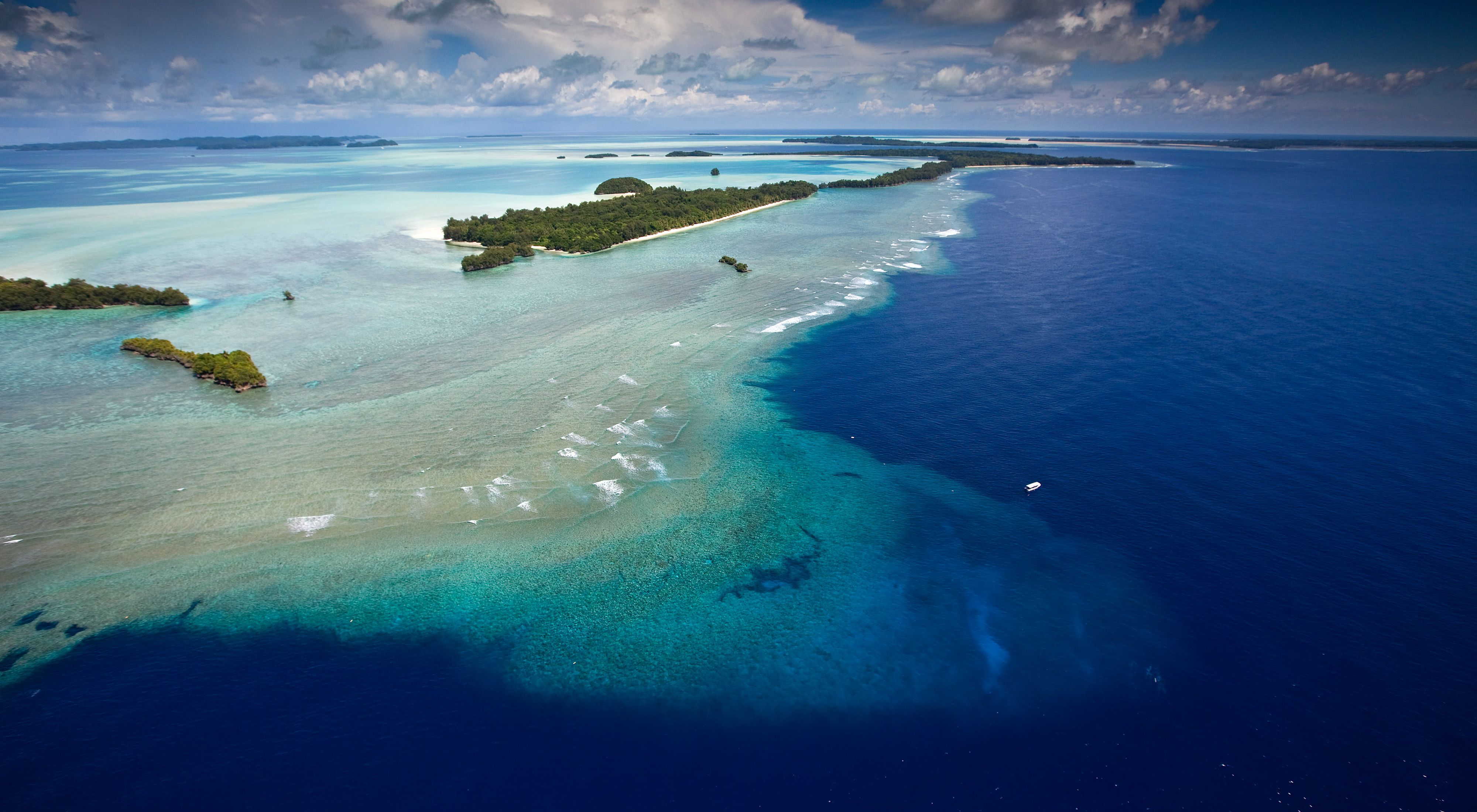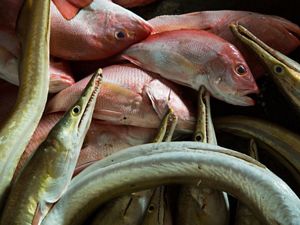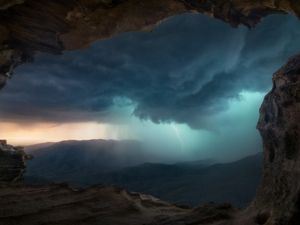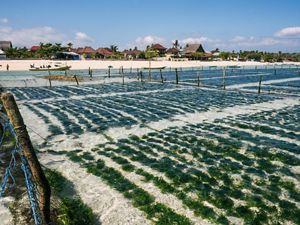With trash and pollutants increasingly degrading our seas, oceans warming faster than predicted, and few tools available to accurately assess global fish stocks, our underwater world is in grave danger. According to Maria Damanaki, TNC’s former Global Managing Director for Oceans, although we’re near the tipping point, we can still avoid the grimmest of outcomes through active conservation.
Quote: Maria Damanaki
Nature can still recover and people can thrive. Sustainably managed fisheries, for example, would actually increase catch levels, and the creation of more protected areas can allow for fish populations to rebound.
Healthy oceans are essential for humankind. They are a source for global food security, a major climate regulator and an engine for economic growth. The Pacific Ocean covers 30 percent of the Earth and is a unique testing ground for developing and applying conservation: Pacific cultures strongly value collaboration and peer-to-peer learning and recognize the need to work regionally and globally to find solutions to their unique challenge
To protect and improve marine areas, coastal zones and adjacent watersheds to provide equitable benefits to Pacific communities through economic opportunities and nature’s benefits, TNC focuses on:
PROTECTED AREAS MANAGEMENT: We are working with local NGOs, government and community partners to establish and maintain protected areas by providing them with technical assistance for activities such as integrated land-use planning, watershed restoration, fisheries management and climate change vulnerability assessments.
RESILIENCE TO CLIMATE CHANGE: TNC, together with partners, is helping communities across Pacific Island nations to be more resilient to climate change by using natural solutions, such as protecting mangroves that reduce storm impacts and planting alternative crops that are saltwater resistant.
ALTERNATIVE LIVELIHOODS: TNC is supporting communities and local governments in their ongoing efforts to diversify livelihoods that support conservation. For example, we are exploring the use of small, community-based, aquaculture initiatives to take pressure off degraded reef fisheries while ensuring community food security and economic stability.
You Can Help Save Our Oceans
Sign up to receive regular updates from The Nature Conservancy.




